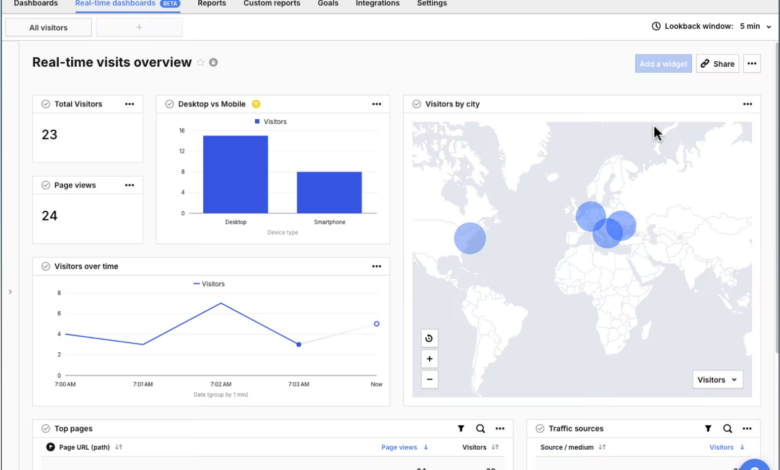
The digital marketing landscape is undergoing a transformation, where the power of data analytics collides with increasing consumer privacy concerns and regulations. As technology advances, marketers face a critical challenge: how to extract meaningful insights while respecting individual privacy rights.
“Figuring out how to balance powerful data analysis tools, with the need for security, is a tough job—especially in fields where keeping data safe and following the rules is crucial. Many new privacy laws and regulations have been introduced in the last few years, and companies worldwide are still adjusting,” said Mateusz Krempa, COO of Piwik PRO, a company known for its privacy-first analytics platform.
The Evolving Marketing Analytics Landscape
Modern marketing is no longer about broad, generalized targeting. Today’s consumers expect personalized experiences that feel intuitive and respectful. However, this personalization relies on data—a resource increasingly scrutinized for its potential misuse.
Recent studies reveal a stark reality: 81% of U.S. consumers are concerned about how companies use their data. This heightened awareness has prompted significant regulatory responses, with frameworks like GDPR and CCPA fundamentally reshaping how businesses collect and utilize consumer information.
“Depending on the industry and the scope of operations, businesses might need to pick a platform that ensures compliance with various regulations like GDPR, HIPAA, or CCPA,” commented Krempa. “Apart from the digital analytics capabilities, those platforms, like Piwik PRO, offer essential compliance features like anonymization, data encryption, user consent management, and dedicated hosting.”
Ethical Data Collection: A New Imperative
Successful marketing now demands a privacy-first approach. This means moving beyond traditional tracking methods to more transparent and consensual data collection strategies. Key principles include:
- Obtaining explicit, informed consent
- Collecting only necessary information
- Providing clear opt-out mechanisms
- Maintaining rigorous data protection standards
“Combining data collection, consent management, and analysis tools within a single platform reduces complexity. Also, easy integrations with other tools—such as Google Ads, Google Search Console, WordPress, Power BI and others, enhance data quality and marketing performance,” said Krempa.
Innovative Privacy-Preserving Technologies
Emerging technologies, such as AI, are helping to bridge the gap between data insights and privacy protection.
According to Krempa, “AI technologies can enhance security measures in web analytics platforms by automating and optimizing critical security functions. These advanced systems can identify anomalies in data usage or access patterns, flagging potential security breaches in real time; streamline adherence to evolving regulations like GDPR and HIPAA by automatically auditing processes and reporting compliance gaps; and can proactively address vulnerabilities before they are exploited.”
Balancing Personalization and Privacy
The future of marketing analytics lies in contextual targeting and zero-party data—information voluntarily shared by consumers. Instead of tracking behavior across platforms, companies are developing more transparent methods of understanding customer preferences.
“With so much data amassed, verifying its relevance and correctness is essential,” said Krempa. “Current platforms focus on strong data governance and aim to collect relevant data instead of inundating users with unnecessary information.”
AI and machine learning play a crucial role, in creating nuanced customer personas without relying on invasive tracking. Advanced algorithms can now generate meaningful insights from limited, consensually provided data.
Looking Ahead: A Privacy-Conscious Future
The marketing analytics landscape is rapidly evolving. Consumers are increasingly valuing brands that demonstrate genuine respect for their data. Companies that prioritize privacy are not just complying with regulations—they’re building trust and long-term customer relationships.
Regulatory environments will continue to tighten, with more jurisdictions implementing comprehensive data protection frameworks. Proactive organizations will view privacy not as a constraint but as a competitive advantage.



